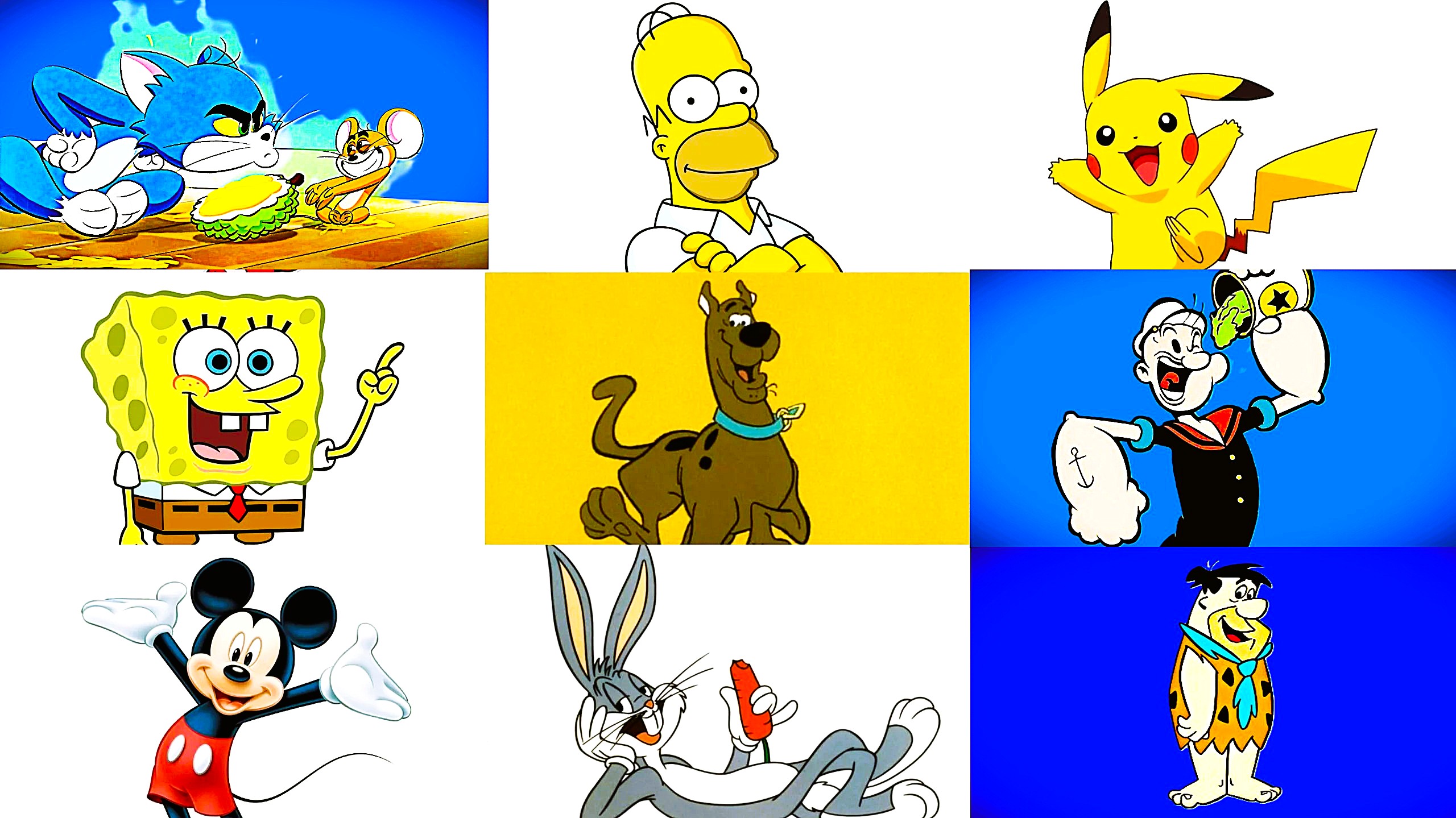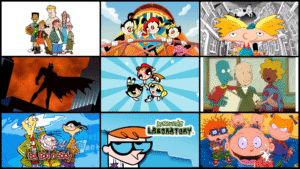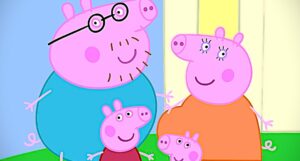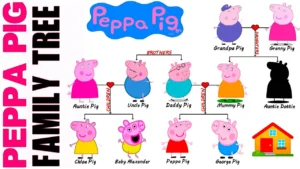Cartoon characters aren’t just for kids. For nearly a century, they’ve acted as cultural touchstones, symbols of political movements, reflections of societal trends, and most importantly—unforgettable companions throughout our lives. They’ve evolved from black-and-white sketches into colorful, digitally enhanced personalities, influencing everything from merchandise to memes.
Let’s take a deep dive into the most iconic cartoon characters of all time—those who have stood the test of time, crossed generational boundaries, and left indelible marks on pop culture.
🐭 Mickey Mouse – The Face That Started It All
First Appearance: Steamboat Willie (1928)
Creator(s): Walt Disney & Ub Iwerks
Why Mickey Matters:
Mickey Mouse is not just the mascot of The Walt Disney Company; he’s a symbol of animation itself. Created during a time when the animation industry was still in its infancy, Mickey became an overnight sensation with the release of Steamboat Willie—one of the first cartoons to feature synchronized sound.
Cultural Impact:
- Mickey’s silhouette is instantly recognizable worldwide.
- He was the first animated character to earn a star on the Hollywood Walk of Fame (1978).
- Mickey’s evolution mirrors the evolution of the American dream: from mischievous adventurer to wholesome family man.
Fun Fact:
Walt Disney himself voiced Mickey Mouse until 1947.
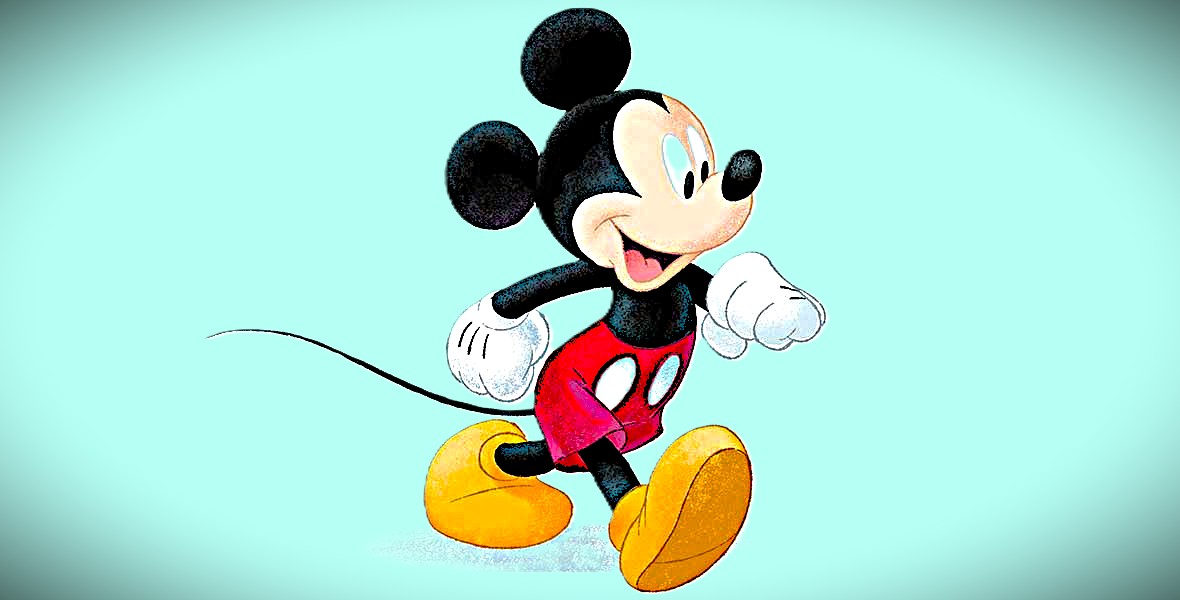
🐰 Bugs Bunny – The Master of Wit
First Appearance: A Wild Hare (1940)
Creator(s): Tex Avery, Bob Givens, voiced by Mel Blanc
Why Bugs Bunny is Iconic:
Smart, savvy, and unflappably cool, Bugs Bunny is the quintessential trickster. Whether outwitting Yosemite Sam or making fun of Elmer Fudd, Bugs embodies irreverent comedy with a layer of social commentary.
Cultural Significance:
- Became a World War II icon, used in military propaganda films.
- His catchphrase “What’s up, Doc?” has entered global lexicon.
- Bugs has appeared in more films than any other cartoon character.
Fun Fact:
Mel Blanc, the voice behind Bugs, was in a car accident in 1961. When unconscious, doctors asked, “How are you today?” and Blanc replied in Bugs’ voice, supposedly speeding his recovery.

🍍 SpongeBob SquarePants – The Eternal Optimist
First Appearance: SpongeBob SquarePants (1999)
Creator: Stephen Hillenburg
Why SpongeBob Stands Out:
In a time of rapid internet culture and changing media, SpongeBob emerged as a bizarre yet lovable protagonist. With his boundless energy, unwavering positivity, and absurd surroundings, SpongeBob became a pop culture phenomenon.
Key Contributions:
- Created an internet subculture: thousands of memes and viral clips.
- Blended child-friendly humor with subtle adult jokes.
- Voiced by Tom Kenny, whose vocal range gave SpongeBob his signature squeal and laugh.
Fun Fact:
Stephen Hillenburg was a marine biologist before creating the show, which explains the detailed underwater world.

🐶 Scooby-Doo – The Fearful Hero
First Appearance: Scooby-Doo, Where Are You! (1969)
Creator(s): Joe Ruby & Ken Spears
What Makes Scooby Iconic:
Scooby-Doo broke the mold by combining comedy, horror, and mystery. Alongside Shaggy, Velma, Daphne, and Fred, Scooby chased ghosts, uncovered mysteries, and reminded us that fear can be funny.
Cultural Milestones:
- Introduced the “monster of the week” format now common in TV.
- Became a metaphor for confronting fear with friendship.
- Spurred dozens of spin-offs, films, and merchandise lines.
Fun Fact:
Scooby’s full name is “Scoobert Doo.”
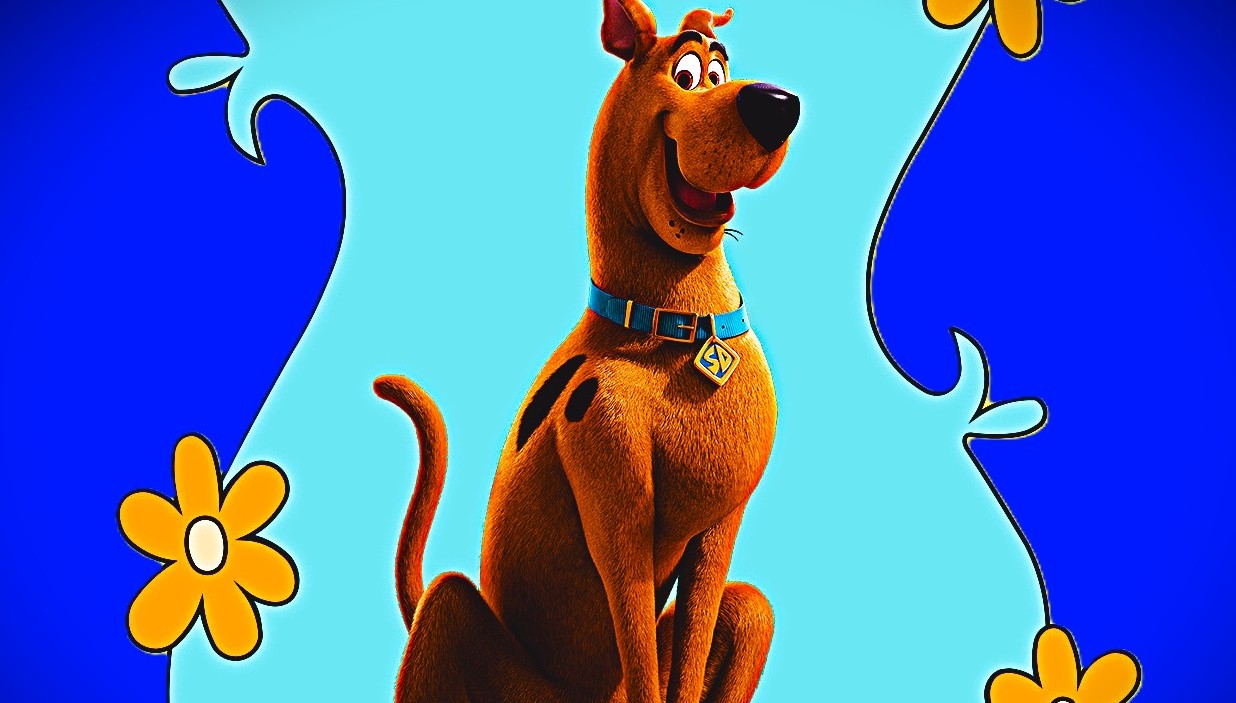
🐱 Tom and Jerry – The Timeless Duel
First Appearance: Puss Gets the Boot (1940)
Creator(s): William Hanna & Joseph Barbera
The Core Appeal:
Tom and Jerry’s dynamic is pure animated magic. With minimal dialogue and maximum action, their relationship is built on comedic violence, clever traps, and the endless chase.
Why They’re Legendary:
- Won seven Academy Awards for Animated Short Film.
- Universally understood—no translation required.
- Their influence can be seen in shows like Itchy & Scratchy and Looney Tunes.
Fun Fact:
The duo originally went by “Jasper” and “Jinx” in their debut.

🍩 Homer Simpson – The Animated Everyman
First Appearance: The Tracey Ullman Show (1987), then The Simpsons (1989)
Creator: Matt Groening
The Simpsons Legacy:
Homer Simpson is far from perfect—he’s lazy, impulsive, and occasionally clueless. But that’s what makes him so relatable. His blue-collar struggles and family dynamics reflect the average American experience.
Long-Lasting Influence:
- The Simpsons is the longest-running American sitcom.
- Known for satirical takes on politics, society, and pop culture.
- Homer’s “D’oh!” was added to the Oxford English Dictionary.
Fun Fact:
His middle name is Jay—Homer Jay Simpson.

⚡ Pikachu – The Global Mascot
First Appearance: Pokémon video games (1996), anime (1997)
Creator(s): Game Freak / Nintendo / Pokémon Company
Why Pikachu is Everywhere:
As the face of the Pokémon franchise, Pikachu became synonymous with the brand’s global success. With its red cheeks and lightning powers, Pikachu bridged anime and Western pop culture.
Worldwide Reach:
- Featured in everything from McDonald’s Happy Meals to Olympic ceremonies.
- Pokémon is one of the highest-grossing franchises ever.
- Ash and Pikachu’s bond became a cornerstone of the anime’s narrative.
Fun Fact:
Pikachu is voiced by a woman—Ikue Ōtani—who has maintained the role since the beginning.
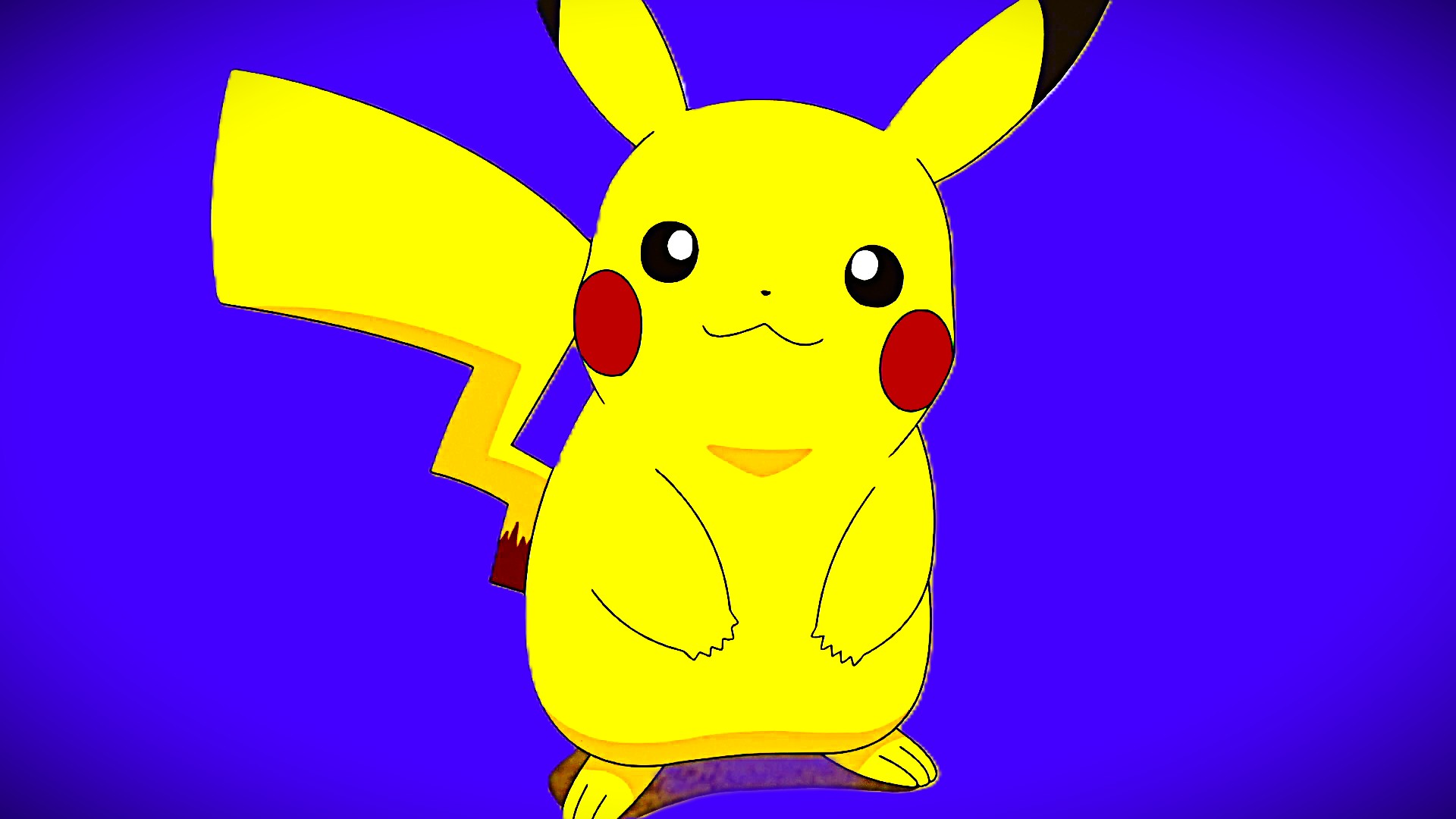
🦴 Fred Flintstone – The Working-Class Caveman
First Appearance: The Flintstones (1960)
Creator(s): William Hanna & Joseph Barbera
The Original Primetime Dad:
Fred Flintstone was the first animated character to lead a primetime sitcom. Set in the prehistoric town of Bedrock, The Flintstones mirrored 1960s suburban life with a stone-age twist.
Contributions to Animation:
- Inspired by The Honeymooners.
- Introduced catchphrases like “Yabba-Dabba-Doo!”
- The first animated series to have a laugh track.
Fun Fact:
Fred’s car is foot-powered—a signature gag of the show.
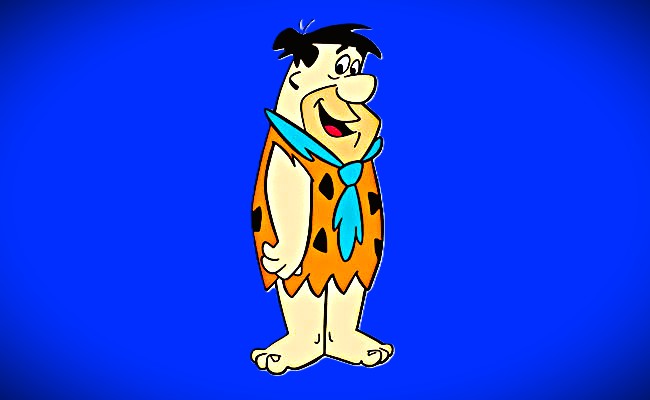
🎒 Dora the Explorer – The Multilingual Trailblazer
First Appearance: Dora the Explorer (2000)
Creator(s): Chris Gifford, Valerie Walsh Valdes, Eric Weiner
Why Dora Matters:
Dora made educational television fun. With her interactivity, bilingual dialogue, and adventurous spirit, Dora became a cultural milestone for Latinx representation in children’s media.
Educational Legacy:
- Taught basic Spanish to millions of English-speaking children.
- Promoted independence, curiosity, and problem-solving.
- Empowered young girls with a fearless, brainy protagonist.
Fun Fact:
The character was initially going to be a bunny.

💪 Popeye – The Spinach-Powered Legend
First Appearance: Thimble Theatre (1929), cartoons (1933)
Creator: Elzie Crisler Segar
Old-School Strength:
Popeye is gritty, grumbling, and incredibly strong—especially after eating spinach. He became a Depression-era symbol of toughness and resourcefulness.
Cultural Impact:
- Spinach sales rose dramatically due to Popeye’s influence.
- One of the earliest animated characters to cross into comics, merchandise, and film.
- Known for his unique speech pattern and squinty eye.
Fun Fact:
Popeye’s hometown, Crystal City, Texas, has a spinach statue in his honor.
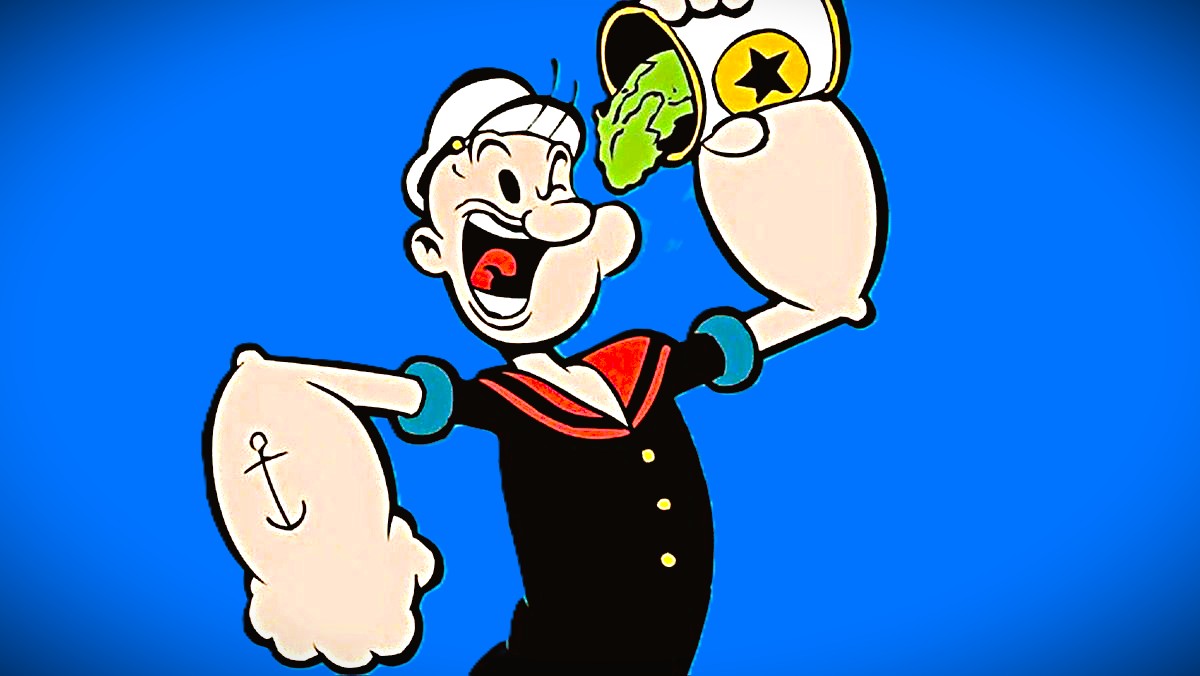
🎭 Honorable Mentions
There are many other cartoon icons that didn’t make the top 10 but still deserve a mention:
- Donald Duck – Mickey’s foil, full of fiery temper and comedic timing.
- Goofy – The clumsy but lovable character from Disney.
- Daffy Duck – Bugs Bunny’s rival and slapstick master.
- Bart Simpson – The ultimate 90s rebel with a skateboard and spiky hair.
- Adventure Time’s Finn and Jake – Redefined storytelling in modern cartoons.
- Rick Sanchez – A modern icon of adult animation and existential humor.
- Avatar Aang – Combined Eastern philosophy with action and growth.
- Betty Boop – One of the first female cartoon characters with sex appeal and sass.
- Powerpuff Girls – Sugar, spice, and everything nice—with a lot of punch.
📺 How Cartoon Characters Evolve with Us
Cartoon characters often start as simple drawings, but over time, they grow in depth, personality, and purpose. From propaganda tools during wartime (Bugs Bunny and Donald Duck) to symbols of multicultural education (Dora, Aang), their relevance is ever-changing.
Animation styles have evolved too—from hand-drawn cel animation to digital rendering and even CGI. But at the heart of every great character is emotional resonance. Whether it’s laughter, nostalgia, empathy, or inspiration, the best cartoon characters tap into something deeply human.
🧠 Why We Love Cartoon Characters
- Nostalgia: They remind us of simpler times.
- Escapism: They allow us to enter fantastical worlds.
- Reflection: They show exaggerated versions of ourselves.
- Education: Many characters also double as teachers or moral guides.
From childhood to adulthood, cartoon characters remain with us—on TV, in movies, through merchandise, and now, in memes and digital culture.
📝 Final Thoughts
Icons don’t just entertain; they endure. From Mickey’s cheerful wave to SpongeBob’s infectious giggle, these characters have transcended generations, languages, and cultures. They remind us that no matter how old we get, there’s always room for a little animated wonder in our lives.

